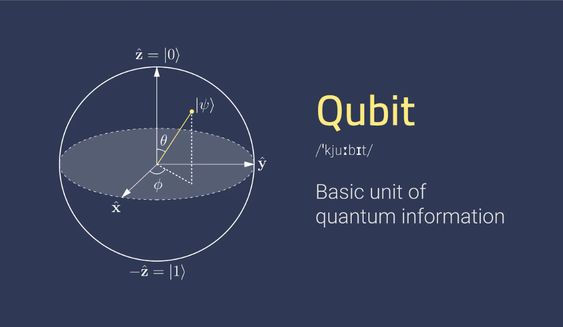Embracing the Era of Quantum Computing: Unlocking the Power of the Future...
- Oct 21, 2023
- 3 min read

Introduction:
In the rapidly evolving landscape of technology, a groundbreaking innovation is on the horizon, poised to revolutionize the fundamental principles of computing. Quantum computing, with its promise of unparalleled computational capabilities, is emerging as a transformative force that has the potential to reshape the limits of what is possible in the IT world. As organizations and researchers delve deeper into the possibilities offered by quantum computing, the boundaries of what we can achieve are rapidly expanding, giving rise to a new era of technological advancement and discovery.
What is Quantum Computing?
Quantum computing is a cutting-edge computing paradigm that leverages the principles of quantum mechanics to process and store information. Unlike classical computing, which uses bits to represent data as either 0 or 1, quantum computing utilizes quantum bits, or qubits, which can exist in multiple states simultaneously due to the phenomenon of superposition. This unique property allows quantum computers to perform complex calculations and solve intricate problems at a much faster rate than classical computers.
Quantum computing has the potential to revolutionize various fields and industries due to its capacity to perform complex calculations and simulations that are currently beyond the capabilities of classical computers. Some of the potential uses of quantum computing include:
Cryptography: Quantum computing can potentially break existing cryptographic protocols while also providing the framework for developing quantum-safe encryption methods.
Drug Discovery: Quantum computing can accelerate the process of simulating molecular interactions, enabling more rapid and efficient drug discovery and development.
Optimization: Quantum computing can optimize complex systems and processes, such as supply chains, logistics, and financial portfolios, leading to more efficient resource utilization and cost savings.
Material Science: Quantum computing can model and simulate the behaviour of materials at the atomic and molecular levels, facilitating the discovery and design of advanced materials with specific properties for various applications.
Artificial Intelligence: Quantum computing has the potential to enhance machine learning algorithms, enabling more sophisticated pattern recognition, data analysis, and predictive modelling.
Weather Forecasting: Quantum computing can improve weather forecasting models by processing vast amounts of data and simulating complex atmospheric conditions, leading to more accurate and timely predictions.

Unveiling the Quantum Potential:
Quantum computing holds the potential to resolving some of the most complicated issues that have long baffled the scientific and technology community due to its capacity to process sophisticated algorithms at a scale inconceivable to classical computers. The applications of quantum computing cover numerous industries, promising to encourage innovation and change in previously thought unachievable ways. These applications range from handling complicated simulations in the fields of chemistry, physics, and biology to optimizing logistics and supply chain networks.

Navigating the Challenges:
Quantum computing has enormous potential, but it also has several difficulties. Harnessing the full potential of this ground-breaking technology requires overcoming the challenges posed by qubit (short for quantum bit) stability, error correction, and scalability. The realization of quantum computing's promise and its seamless integration into current IT infrastructures are made possible by the tremendous efforts researchers and organizations are making to overcome these problems.
Impact on the Future:
As quantum computing continues to evolve, the impact on various sectors, including finance, healthcare, cybersecurity, and artificial intelligence, is set to be profound. The ability to process and analyze massive datasets at lightning speed, coupled with the potential for creating advanced machine learning algorithms, promises to redefine the way we approach complex problem-solving and data analysis, ushering in a new era of technological innovation and scientific discovery.
Looking Ahead:
The journey into the world of quantum computing is not just a technological leap; it is a paradigm shift that has the potential to unlock endless possibilities and drive unprecedented progress across diverse fields. By embracing the potential of quantum computing and fostering collaborative research and development efforts, we can pave the way for a future where the boundaries of technological advancement are redefined, and the impossible becomes achievable.










Comments